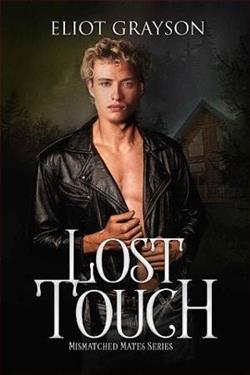
Lost Touch
by Eliot Grayson
Not being able to feel pain might sound like heaven… but it’s a living hell.
After enduring more than a year of imprisonment and experimentation, Ash is finally free—but not unscathed. Unable to feel pleasure or pain, and without any memories of his life before his ordeal, he’s at the mercy of his rescuer: an alpha werewolf who promises he’ll protect Ash no matter what.
Drew is handsome, caring, and kind, but he might not be all he seems, and he’s suffering his own ill effects of his briefer imprisonment. When he burst into Ash’s cell drenched in blood after ripping their torturers to pieces, Ash looked into his eyes and didn’t see anything but safety.
But he’s dangerous. And if he can’t control himself, Ash could suffer a worse fate than the one he escaped…
Lost Touch can be read as a standalone and has new main characters, but it closely follows the events of Lost and Bound and is better read in series. Contains knotting, amnesia, pack politics, and a human who’s willing to offer himself up in every way to help the alpha werewolf who saved him. This series does not contain mpreg. HEA guaranteed.
.
Read
Lost Touch on http://kissnovel.net
Martial Peak Reviews
Eliot Grayson’s Lost Touch is a gripping exploration of trauma, identity, and the complexities of human (and werewolf) relationships, set against a backdrop of supernatural intrigue. As a standalone novel that follows the events of Lost and Bound, it offers a fresh narrative while maintaining continuity with its predecessor, making it a compelling read for both new and returning readers.
The novel opens with Ash, a protagonist whose life has been shattered by a year of imprisonment and experimentation. The premise of Ash being unable to feel pain or pleasure is not just a plot device but a profound metaphor for his emotional and psychological state. This condition, known as congenital insensitivity to pain, is rare in real life, and Grayson uses it to delve into the theme of disconnection from the self and the world. Ash’s amnesia further complicates his journey, leaving him vulnerable and dependent on Drew, his enigmatic rescuer.
Drew, an alpha werewolf, is a character of contrasts. On the surface, he embodies the archetypal hero—strong, protective, and caring. However, Grayson skillfully layers his character with complexity, revealing a man haunted by his own brief imprisonment and the violence he unleashed to escape. The dynamic between Ash and Drew is the heart of the novel, and their relationship is a delicate dance of trust, fear, and burgeoning love. Grayson’s portrayal of their bond is nuanced, avoiding clichés and instead focusing on the slow, often painful process of healing and acceptance.
The theme of identity is central to Lost Touch. Ash’s amnesia strips him of his past, forcing him to redefine himself in the present. This journey is mirrored in Drew’s struggle to reconcile his human and werewolf sides, particularly after the trauma of his captivity. Grayson uses their parallel paths to explore broader questions of what it means to be human—or more than human—and how love can transcend even the most profound differences.
Grayson’s writing is both evocative and precise, capturing the raw emotions of her characters without descending into melodrama. The narrative is tightly woven, with each scene serving to deepen the reader’s understanding of the characters and their world. The author’s ability to balance action with introspection is particularly noteworthy, as it keeps the pace brisk while allowing for meaningful character development.
One of the novel’s strengths is its handling of pack politics, which adds a layer of tension and intrigue to the story. The werewolf society Grayson depicts is complex, with its own rules and hierarchies that both support and constrain the characters. This aspect of the novel is reminiscent of works by authors like Patricia Briggs and Kelley Armstrong, who also excel in creating rich, believable supernatural worlds. However, Grayson’s focus remains firmly on the personal, ensuring that the political never overshadows the emotional core of the story.
The inclusion of knotting—a trope often found in werewolf romance—will appeal to fans of the genre, though it is handled with sensitivity and serves to underscore the deepening connection between Ash and Drew. Grayson is careful to ensure that such elements enhance rather than detract from the narrative, grounding them in the characters’ emotional journeys.
While Lost Touch can be read independently, readers who have experienced Lost and Bound will appreciate the continuity and deeper understanding of the overarching narrative. Grayson’s ability to weave standalone stories into a cohesive series is commendable, offering a satisfying experience for both new and returning readers.
In conclusion, Lost Touch is a powerful exploration of love, identity, and healing. Grayson’s deft character development and intricate world-building create a story that is both emotionally resonant and thrilling. For readers who enjoy supernatural romance with depth and heart, this novel is a must-read. Its themes of overcoming trauma and finding oneself in the face of adversity are universal, ensuring that it will resonate with a wide audience. Grayson’s work stands out in the genre for its emotional intelligence and the authenticity of its characters, making Lost Touch a standout addition to the world of paranormal romance.




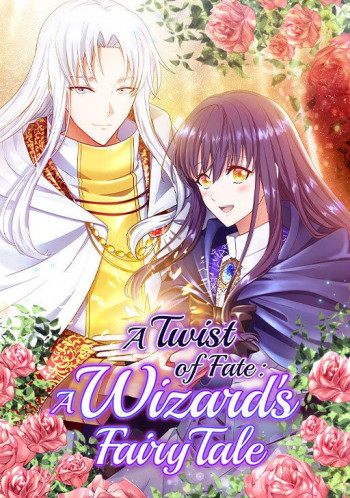

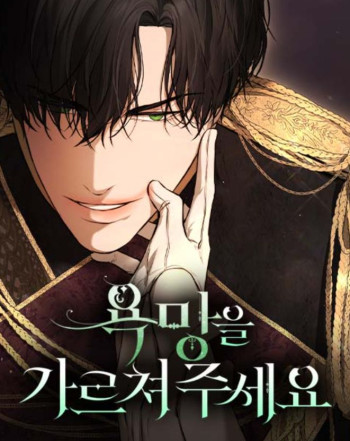


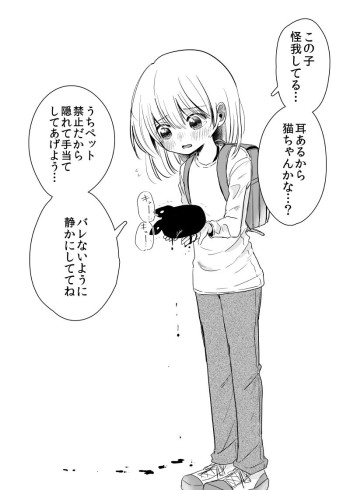

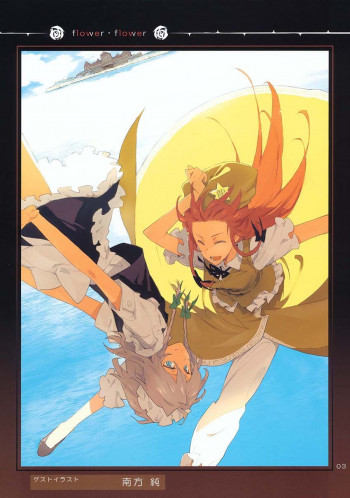
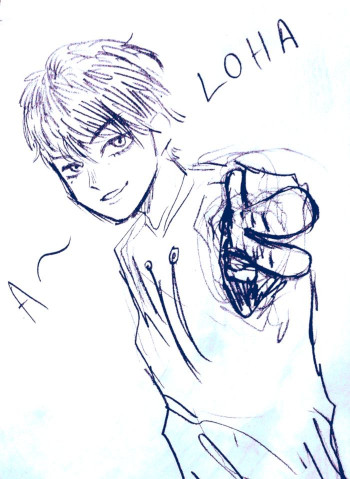
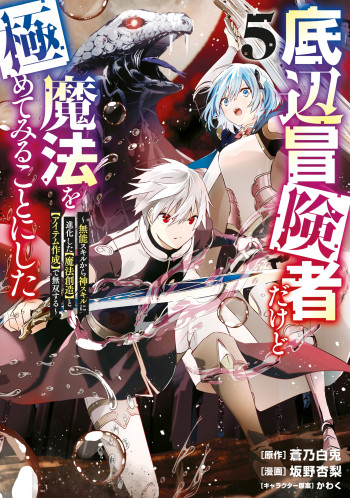










Reviews 0
Post a Reviews: